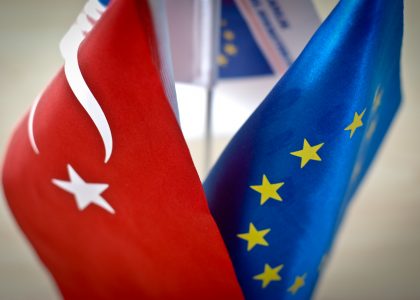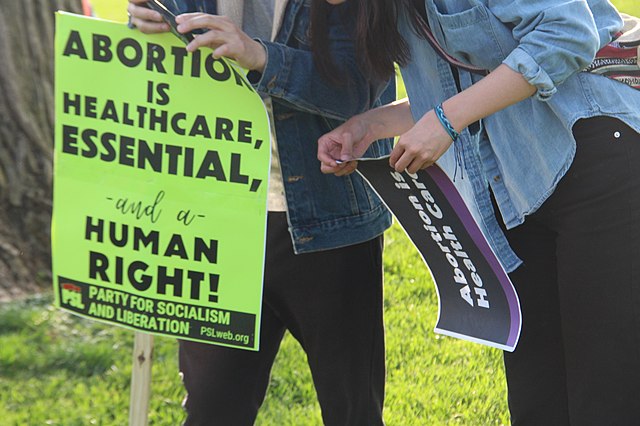As the Scottish Independence Referendum looms, Dr. Koutrakou suggests it would be better for Europe to redress the sources of political discontent, than for it to break up into further nation-states.
The problem with the Scottish referendum, as with the planned ‘in/out of the EU’ referendum for the UK in the future, is that eligibility to vote severely colours prospective results. Scots who live, work and take up opportunities available across the UK but are not residents of Scotland are not eligible to vote. Similarly, in a potential UK referendum on the EU, Brits taking up EU citizenship freedoms to live, work, and thrive in other parts of the EU are unlikely to be eligible to vote thus skewing the balance of opinion against continued integration. Already it is obvious that the issue of inclusion and exclusion is at the heart of the disintegration debate as much as that of disenfranchisement.
So what next if Scotland becomes independent? Catalonia, Wales, Wallonia, Padania next? There is barely a European country without some separatist sentiments in its periphery, and some discontent with the centre, much as they all try to present this as someone else’s problem. Much has been written and said about the dangers of disintegration, primarily centred on the inevitable weakening, parochialisation, and loss of influence of the emerging parts, and quite rightly so. However, the concurrent forces of integration and disintegration are a well-established phenomenon. Instead of trying to propagandise, however justifiably, on the merits of integration and suppress and quash appetites for disintegration, simply warning of negative, if not catastrophic consequences, it might be more productive to address discontent at its roots and engage more systematically with the deperipherisation of neglected regions, valuing, celebrating and promoting their political, social, economic and cultural imperatives and their idiosyncracies for the enrichment of the whole. Inclusion, not exclusion, is the answer to more integration and less disintegration.
Dr. Vassiliki Koutrakou is a lecturer at the University of East Anglia.
Image credit: David






Another academic article which addresses the issues from an ‘academic’ stand-point and therefore misses the point.
The EU is the problem. Not the voters. The voters would read this (and other articles) with puzzlement and bewilderment.
More integration? Perhaps Dr Vassiliki should address the CAP and, instead of attempting to proselytise should actually address ‘the roots’.